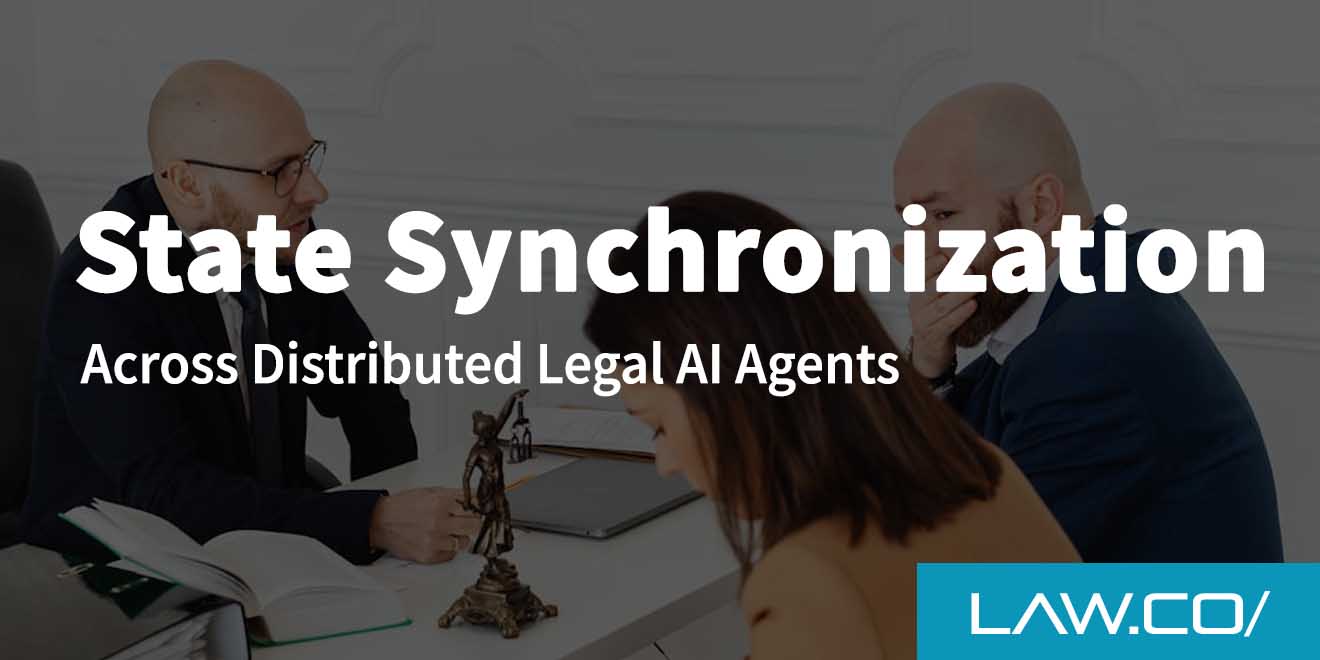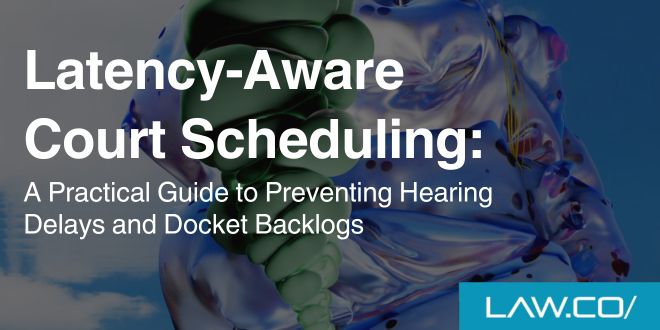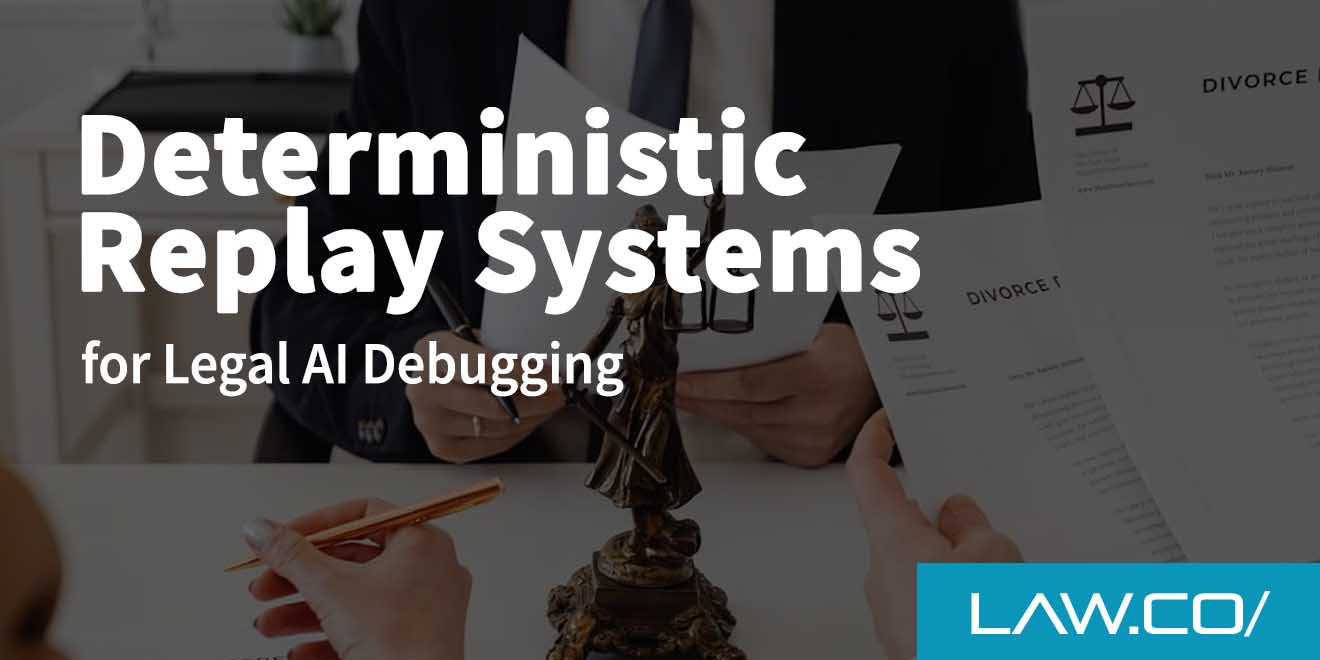

Scalable Agentic AI for Law Firms: Infrastructure & Deployment Strategies
Have you noticed how “Agentic AI” has become the talk of the town lately—especially in legal tech circles? It might sound futuristic (and a little intimidating), but the idea behind it is surprisingly practical. At its core, Agentic AI refers to software tools able to learn autonomously, take proactive steps, and handle routine tasks that might otherwise eat up a lawyer’s day.
If you’re in a law firm where case demands keep piling up and time is already stretched thin, this kind of tech can feel like a real game-changer.
What Makes Agentic AI So Appealing to Lawyers?

Think about the typical day-to-day grind at a law firm. Drafting documents, combing through dense legal data, and responding to client emails—those are just a handful of the tasks that can get overwhelming fast.
Traditional AI systems may help with specific actions (like basic legal research), but “agentic” solutions step things up by making informed decisions on behalf of the user. It won’t replace attorneys, but it can lighten the workload, letting you focus on tasks that require your real expertise, like strategy and client advisement.
Getting the Right Infrastructure in Place
Now, you don’t want to jump into deploying Agentic AI without a solid plan for protecting sensitive client data and ensuring that everything runs smoothly. Start by examining your current tech stack, especially your case management software and document repositories. If they’re not set up to handle automated processes or large data sets, you’ll want to address that first—maybe by upgrading your server capabilities or moving to a more robust cloud solution that meets your jurisdiction’s ethics requirements.
You’ll also need to clarify how user permissions and data access will be managed. After all, you don’t want your AI “agent” to inadvertently share privileged documents outside the firm or delve into unrelated client matters.
Rolling It Out: Cautious Steps Yield Better Results
Let’s say your infrastructure is ready. How do you roll out Agentic AI in a way that feels smart and not chaotic? Many law firms find it works best to start with a pilot program—targeting one practice area or department to see how the tools perform in real-world scenarios. This approach lets you gather feedback quickly from a smaller user base, work out any kinks, and then refine your training materials before scaling up.
Attorneys often worry about the learning curve, so providing short, practical guides or even hands-on demos can go a long way in easing those concerns. It’s a good idea to have someone, perhaps an internal “champion” or tech-savvy associate, available to answer questions and troubleshoot.
Keeping Momentum and Measuring Success
Once things are up and running, keep tabs on how the AI actually impacts your firm’s workflow. Are paralegals saving hours on document reviews? Are you able to handle a bigger case load? The metrics that matter most will depend on your specific objectives, whether that’s improved client response times or reducing the number of billable hours spent on repetitive tasks.
Don’t forget that Agentic AI isn’t a one-and-done solution: you’ll want to update it periodically (or let it update itself) to handle new areas of law, shifting compliance requirements, or changes in your firm’s strategy.
Looking Ahead
Agentic AI shouldn’t be seen as a magic fix—it’s just one powerful tool in a law firm’s arsenal. Managed properly, it can help you deliver better, more efficient service to clients who expect fast turnarounds. As legal tech evolves, we might see even more advanced AI-driven tools emerging.
Getting your law firm comfortable with Agentic AI now is essentially future-proofing your practice, so you can adapt smoothly rather than playing catch-up. If you’ve been on the fence, think of it this way: the sooner you explore these technologies and integrate them wisely, the more prepared you’ll be to offer top-notch service in an ever-changing legal landscape.

%201.svg)










